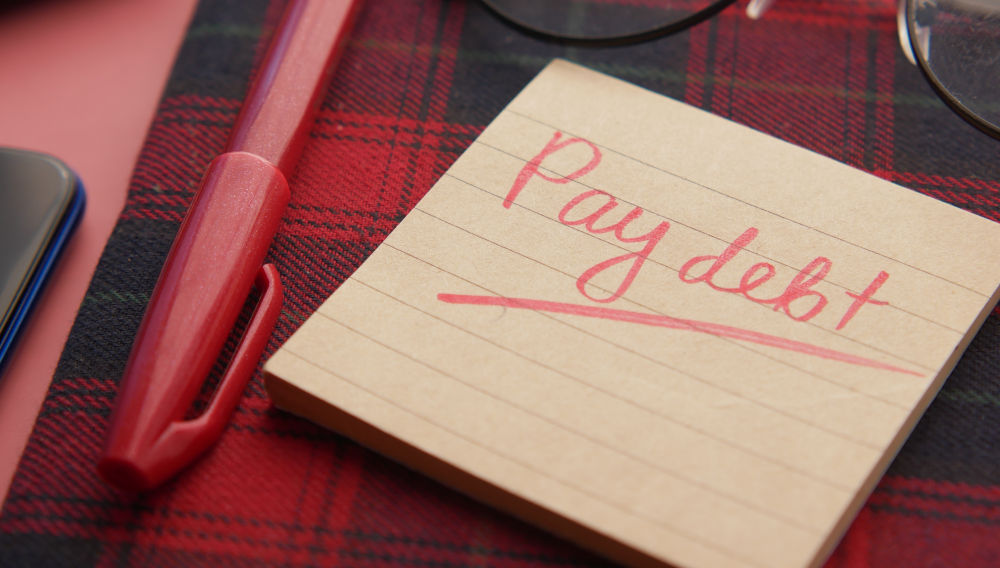Petropolis granted bankruptcy protection
Brazil | Weighed down by a mountain of debt, Brazil’s third-ranking brewer, Petropolis, at the end of May, asked its creditors for discounts of up to 70 percent on some of its debts. It also offered to sell assets from its operation in the energy sector to generate cash. Two months previously, Petropolis had been granted a court-supervised reorganisation to avert insolvency.
Petropolis seems to have fallen victim to Long Covid. According to court filings, the beer and beverage firm experienced a massive drop in volume sales during the pandemic. If this was not bad enough, it also witnessed escalating interest rates.
The company’s debt is estimated at BRL 4.4 billion (USD 890 million), of which 48 percent are financial debts and 52 percent with suppliers and third parties. Petropolis’ debt compares with revenues of BRL 13 billion (USD 2.6 billion) in 2022, down 4.4 percent over 2021, per reports.
The company claims that its liquidity crisis has worsened over the past 18 months, as reflected by the decline in beverage sales to 24.1 million hl in 2022, from 31.2 million hl in 2020. With eight plants and an installed capacity of 52 million hl, Petropolis is currently only using 40 percent of its production capacity (2023: 21 million hl).
Because of the decline in sales, Petropolis’ market share has taken a big hit too: In August 2022, it was 10.6 percent, compared with 15 percent in 2020. Before the pandemic, the beer market was led by AmBev/AB-InBev with a nearly 60 percent share, followed by Heineken with 22.5 percent, according to Nielsen data.
Not our fault
Grupo Petropolis blames the macroeconomic environment as well as actions by its competitors as the reasons that led to its request for judicial recovery.
It was the Brazilian Beer Industry Association (CervBrasil), headed by Petropolis, which had raised the suspicion earlier this year that some companies, such as AmBev and Coca-Cola, are - allegedly - taking advantage of tax benefits granted to companies operating in the Manaus Free Trade Zone.
According to CervBrasil, when buying components for the production of soft drinks that are made in the Free Zone, companies can claim tax credits. By not adopting the same practice, Petropolis found itself at a disadvantage.
Petropolis also accuses its competitors of not passing cost hikes on to consumers, thereby hurting the brewery’s sales and financial health.
The past is not forgotten
When reporting on Petropolis’ financial straits, media reminded their readers of the Walter Faria saga - he who bought Petropolis in 1998 and transformed it into one of Brazil's largest beer-and-beverage companies. Mr Faria, 68, was arrested in August 2019 as part of the anticorruption task force “Car Wash” and spent four months in prison. He was accused of money laundering in the Odebrecht bribery payment scheme. Although he was acquitted from the Car Wash investigation, Mr Faria is still involved in legal disputes. These issues may have an impact on Petropolis’ judicial recovery process.
In November 2019, Giulia Faria, the businessman’s daughter, took over the helm of the group.
Petropolis has already begun negotiations with some creditors, but it does not have an agreement with financial institutions yet to approve the plan, which may still undergo adjustments.
Keywords
breweries Brazil insolvency international beverage market company news
Authors
Ina Verstl
Source
BRAUWELT International 2023

